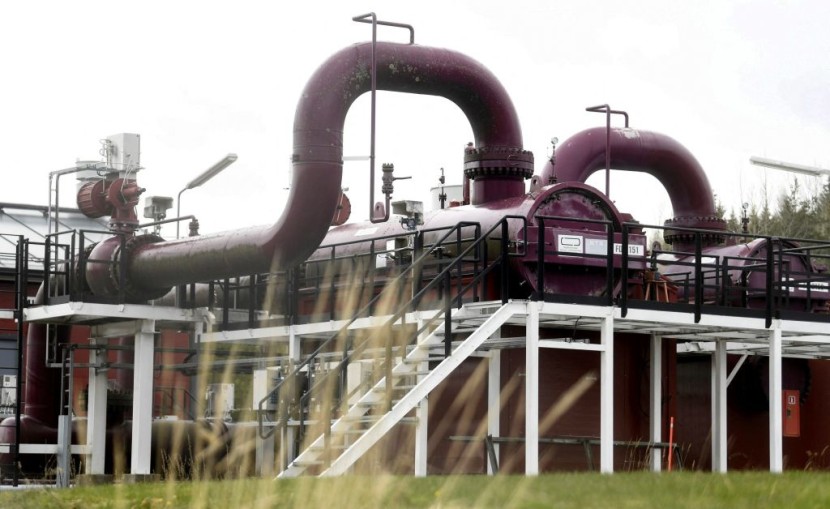
Germany is facing a greater risk of recession after taking a "bitter" decision to fire up idle coal power plants in an attempt to reduce its reliance on Russian natural gas, as President Vladimir Putin tightens his restrictions on exports.
Russia's state-controlled energy company, Gazprom, cut natural gas flows through the Nord Stream pipeline to Germany by roughly 60% last week. In a statement on Sunday, the German economy ministry said that idle coal power plants were already being upgraded so they can soon start generating electricity once more.
Russian Oil Crisis
The ministry added that emergency laws would allow Germany to boost the generation of electricity from coal for a limited period until March 2024. In a statement, the economy minister and a senior member of the Green party, Robert Habeck, said that the situation was "bitter" but noted that it was essential to reduce gas consumption.
The country said that it was planning to cut the use of natural gas so it can fill its storage tanks ahead of the winter season when authorities expect demand to rise. Habeck, who is also vice-chancellor, said that the situation in the region was quite serious, as per Business Insider.
Habeck noted that authorities were further strengthening precautions and taking additional measures to reduce gas consumption in the region. This would also result in more gas being stored, otherwise, things will get potentially dire in the winter.
The decision of German authorities to turn back to coal power, which is highly carbon-intensive, underscores how Russia's invasion of Ukraine and the subsequent surge in energy prices is threatening governments' climate policies. In 2020, the German parliament passed a law to phase out the use of coal entirely by 2038.
According to Reuters, European Union states from the Baltic Sea in the north to the Adriatic in the south have outlined measures to cope with a supply crisis after the war put energy at the heart of an economic battle between Moscow and the West. The EU heavily relied on Russia for as much as 40% of its gas needs before the invasion.
Political Weapon
This number is higher for Germany, at 55%, and leaves a huge gap to fill in an already tight global gas market. Some countries have already responded to the issue by temporarily reversing plans to shut coal power plants.
Gas prices have hit record levels, forcing a surge in inflation and adding more challenges for policymakers who are trying to haul Europe back from an economic precipice. On Tuesday, Germany's BDI industry association cut its economic growth forecast for 2022 to 1.5% down from the 3.5% that was expected before the war began.
The situation comes as the Dutch government on Monday said that Russia's tightening of gas supplies to Europe forced authorities to declare an "early warning" stage of a natural gas crisis. Governments and industries in Europe are now convinced that Moscow plans to use gas as a political weapon against the largest European economies in the coming months, the New York Times reported.
Related Article:
Russia Ruble vs. US Dollar: Why Is the Russian Currency Stronger Despite Ukraine War?
© 2026 HNGN, All rights reserved. Do not reproduce without permission.








